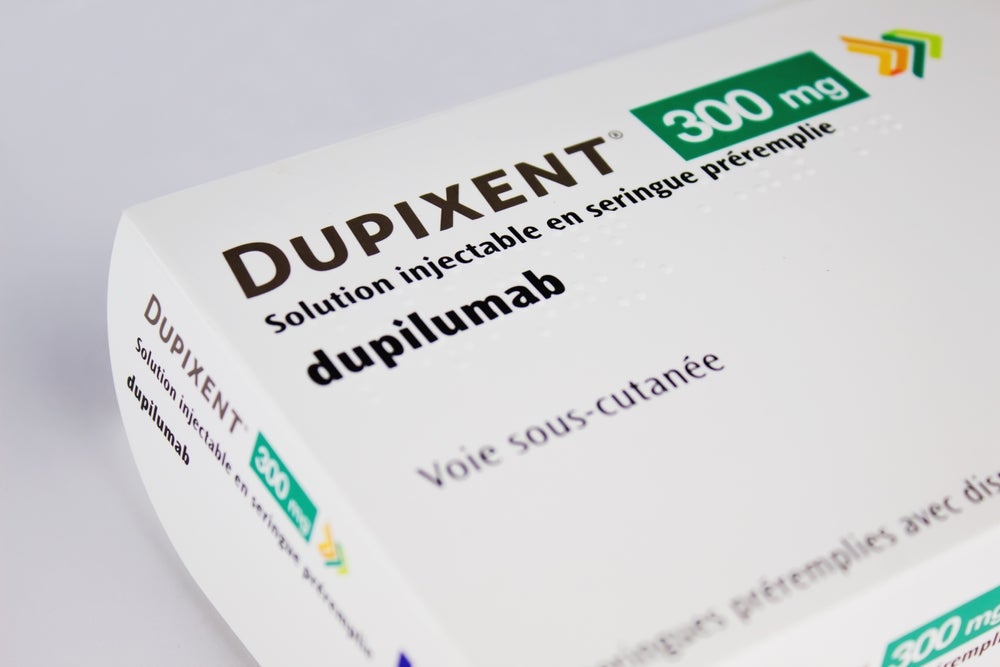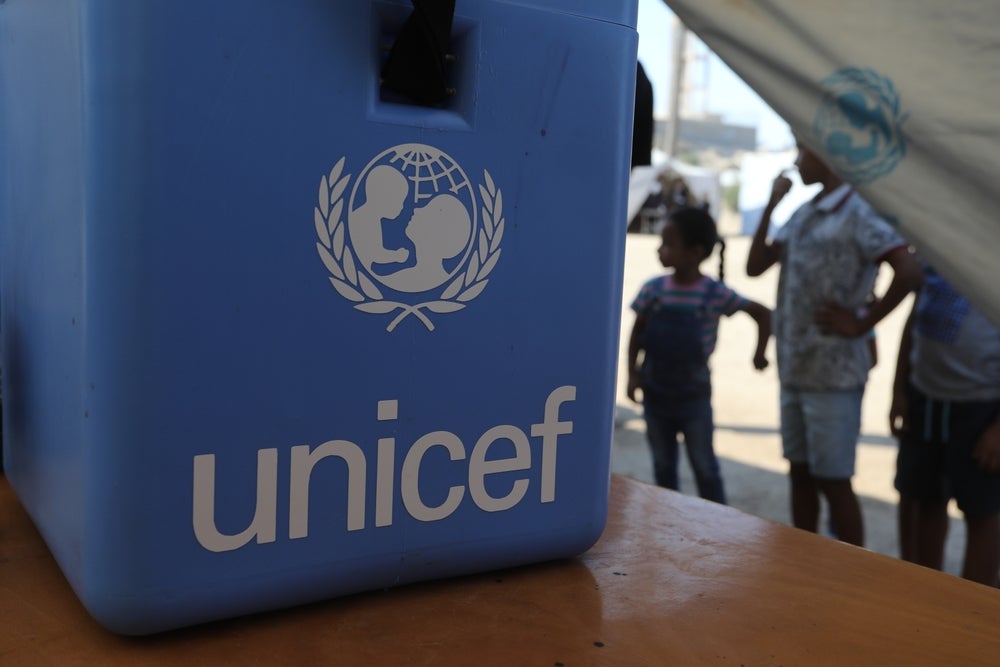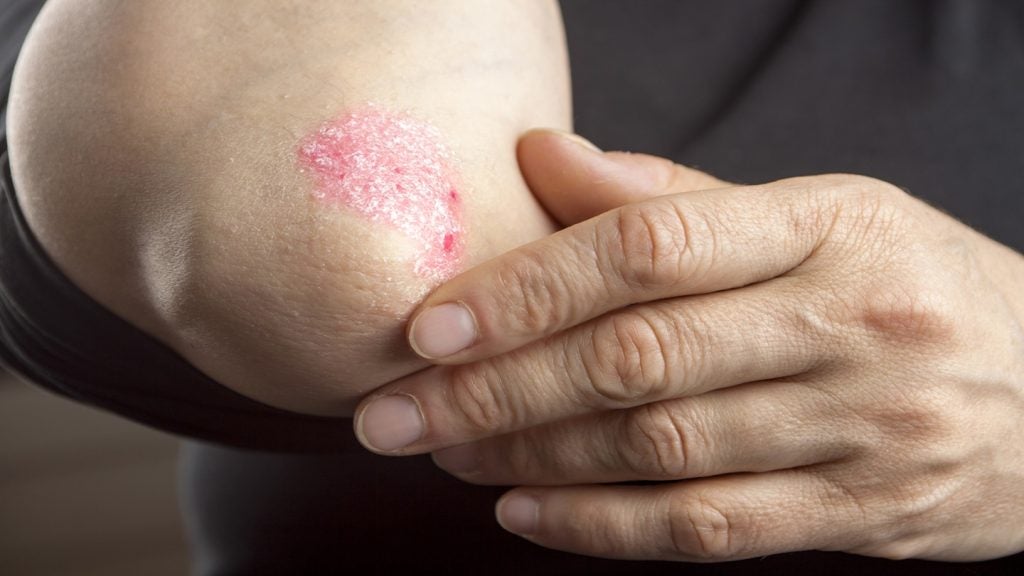With the latest nod from the US Food and Drug Administration (FDA), Regeneron Pharmaceuticals and Sanofi have expanded the US label of Dupixent (dupilumab) to treat chronic obstructive pulmonary disease (COPD). The approval makes COPD the sixth indication for the blockbuster treatment and makes Dupixent the first available biologic for the condition.
As per a 27 September press announcement, Dupixent will be used as an add-on maintenance treatment for adults with inadequately controlled COPD and an eosinophilic phenotype.
Current treatment options for COPD include bronchodilators such as beta2-agonists and anticholinergics, standalone or combination inhaled corticosteroids (ICS), and other combination medications. While these therapies are tolerated by patients, GlobalData’s analysts note that the progressive nature of COPD necessitates the development of maintenance therapies in addition to standard of care.
Dupixent’s approval in COPD comes after GSK’s anti-IL-5 antibody Nucala (mepolizumab) failed to pass muster with the regulator. AstraZeneca’s anti-IL-5 antibody Fasenra (benralizumab) also had a high-profile failure when its Phase III study did not meet its primary endpoints. Both companies are pursuing the COPD label for their respective biologics with ongoing late-stage studies.
Alongside the opportunity to present patients with a new treatment option that may improve quality of life, the approval of Dupixent indicates a step towards closing the gap marked by the absence of biologics in the US COPD treatment market, said GlobalData Pharma analyst Asiyah Nawab.
The approval of Dupixent was granted based on positive data from two pivotal Phase III studies dubbed BOREAS (NCT03930732) and NOTUS (NCT04456673). Both studies evaluated the safety, efficacy, and tolerability of Dupixent against placebo in adult patients with moderate to severe COPD with type 2 inflammation.
Treatment with Dupixent was shown to reduce COPD exacerbations by 30% in the BOREAS trial and by 34% in the NOTUS trial over 52 weeks. Additionally, the biologic was associated with improvements in lung function at 12 weeks, which were sustained through 52 weeks. While the safety of Dupixent across both trials was consistent with the known safety profile of the therapy, NOTUS reported that commonly observed adverse events were Covid-19, nasopharyngitis and headache.
The approval of Dupixent, an interleukin-4 receptor alpha antagonist that inhibits both IL-4 and IL-13, is hot on the heels of similar approvals for the biologic in the EU and China. The European Medicines Agency (EMA) approved Dupixent for this indication in July while China’s National Medical Products Administration (NMPA) granted an approval earlier today (27 September). Dupixent is also approved for atopic dermatitis, asthma, chronic rhinosinusitis with nasal polyposis, eosinophilic oesophagitis, and prurigo nodularis.
In 2023, Duxpient generated global sales of $11.6bn, with the US market driving sales of $8.8bn. According to GlobalData’s consensus forecasts, Dupixent is anticipated to generate global sales of $23.6bn in 2030. GlobalData is the parent company of Pharmaceutical Technology.















